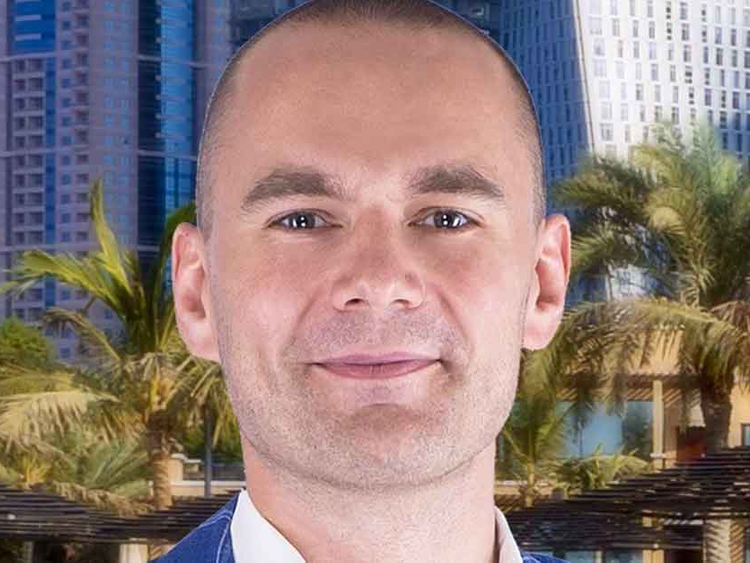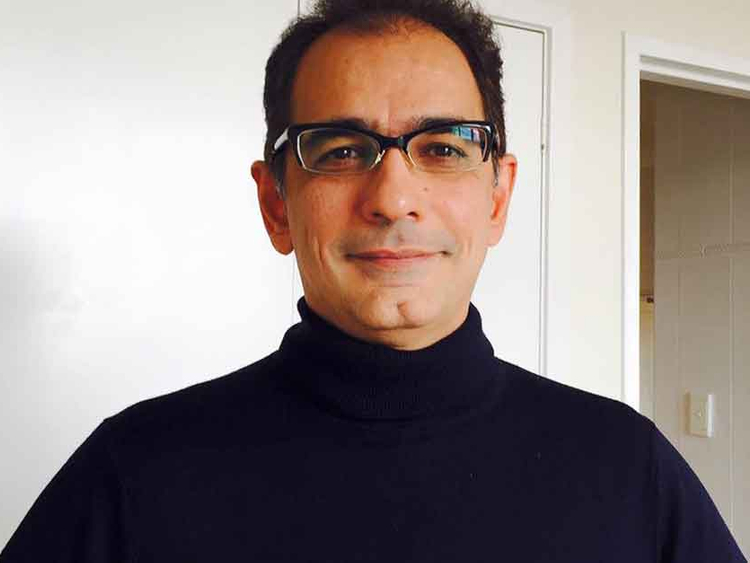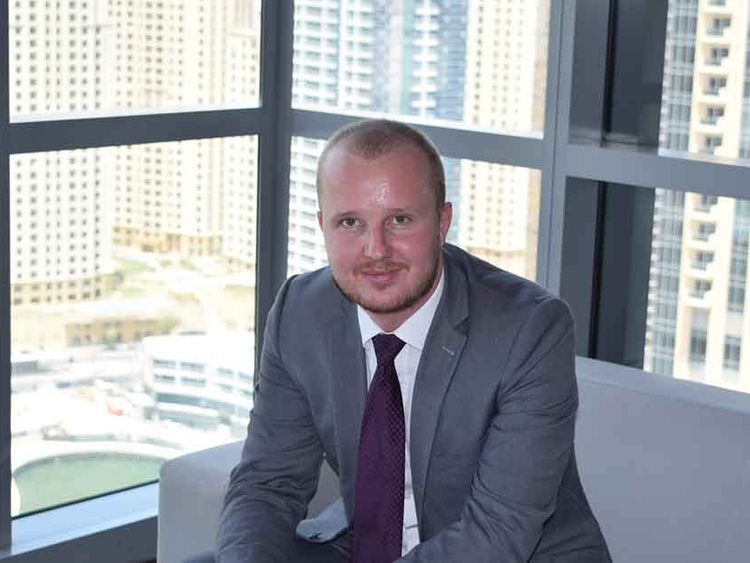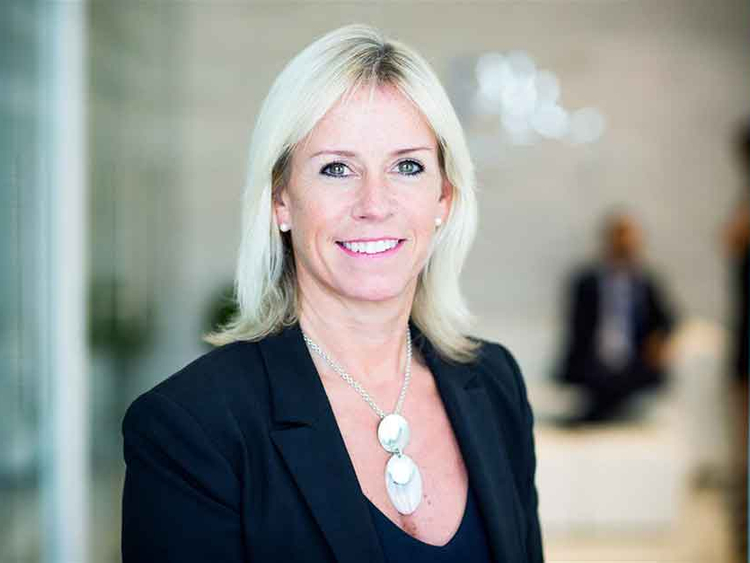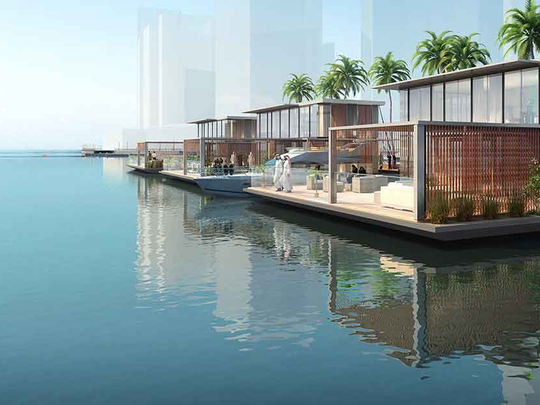
1. Project USP
While Dubai’s leading developers continue to add different features to their developments, new entrants are offering extras such as vastu-compliant buildings and quality assurance-certified units to convince clients that theirs is a worthwhile purchase. Competition among off-plan developers is becoming fiercely competitive.
“Marasi Business Bay by Dubai Properties Group is offering residents floating restaurants and water homes, District One by Meydan-Sobha features a man-made lagoon and Dubai Creek is promising a complete regeneration of the whole area in what was once considered the original Dubai centre,” says Jack Ward, Managing Director of realtor Kirk Dixon. “With each developer that adds a unique feature to their new launches, the bar to attract buyer attention is raised.
“With successive developments being released with different USPs, developers are almost forced to continue this trend, as a standard property launch could easily be overlooked in such a competitive field. Although this strengthens the market, the actual effects will only be realised when these developments are completed and handed over. ”
2. Global marketing
Brokerages and developers are actively participating in international roadshows and using different marketing techniques to bring global buyers to Dubai. Mansi Saxena, Marketing Director at SPF Realty, says the sheer volume of numbers is driving this trend with close to 67 per cent of the investment in Dubai real estate coming from international investors in the first half of this year. She adds that with numbers like this, it makes business sense to participate internationally.
“Marketing to these buyers is a combination of digital strategy and on-ground presence. The international roadshows allow the company to showcase the product in an experiential form, by way of scale models and physical copies of marketing materials, and also allows face-to-face interactions with buyers.
“Finally, it also brings in a feedback loop providing a better understanding of the reasons for investment, the preferences and the cultural nuances of buyers. Incorporating all this once we get back leads to higher conversions. As Dubai as a destination for property investment continues to grow, this trend is going to grow with it.”
3. Guaranteed ROI
Several developers are opting for hotels and hotel apartments over traditional residential units. Adding attraction for investors, these developers promise guaranteed returns to buyers.
Zhann Jochinke, CEO at Keller Williams Real Estate Dubai, says the developers offer rental returns in the range of 6-10 per cent for three to five years once operational. Guaranteed returns on any investment will always entice investors, he adds.
Jochinke does advise caution on anything with a guarantee: “In the past, we have seen some projects struggle with these types of incentives due to actual revenues from the hotel not being able to support such yields in the early months of operation. Most projects find their feet with occupancy and average daily rates increasing once the hotel becomes more established.
“My advice for investors is to think about what happens when the guarantee period ends. Also, a hotel is different from standard residential units — here you have an investment in the physical unit as well as an ongoing interest in the income being generated from that unit. The latter can significantly change the value of your investment.”
4. Post-handover payments
Payment plans extended for a couple of years after handover are now a well-known scheme that most developers use to draw customers. Helen Tatham, Managing Partner, Prime Places Real Estate, says such offers range from two to five years in proportions of 40-60 per cent interest-free options, making property investment more affordable and enticing to buyers.
“Smaller private developers needed to offer additional incentives to create buyer demand, but more recognised organisations also adopted it. Post-handover schemes are not only popular in the affordable housing market. We have also witnessed some higher-end communities come into this space.
“These payment plans naturally instil more confidence in the developer as buyers are not subject to paying the majority of the price by completion when there could be delays.”
5. Acquisition and consolidation
Dubai real estate is seeing several smaller brokerages exit from the market, while some have merged or been purchased by larger firms after the market slowdown started in the third quarter of 2014.
“In Dubai, as the entry barrier for real estate brokerage licensing is not very high, several small agencies mushroom during the boom period,” says Sanjay Chimnani, Managing Director, Raine & Horne Dubai. “However, as the market slowdown starts, the brokerages that did not come with a long-term perspective find it difficult to manage the fixed running costs… they just tend to either shut down or opt for a merger. Only stronger companies will survive the slowdown — a healthy trend as clients get better players to service them.”
He sees this as an opportunity for agents to have longer careers with stronger agencies. “It’s not possible to precisely foresee how long the market takes to come back, but if it remains soft another three to four months, we might see more consolidation.”


